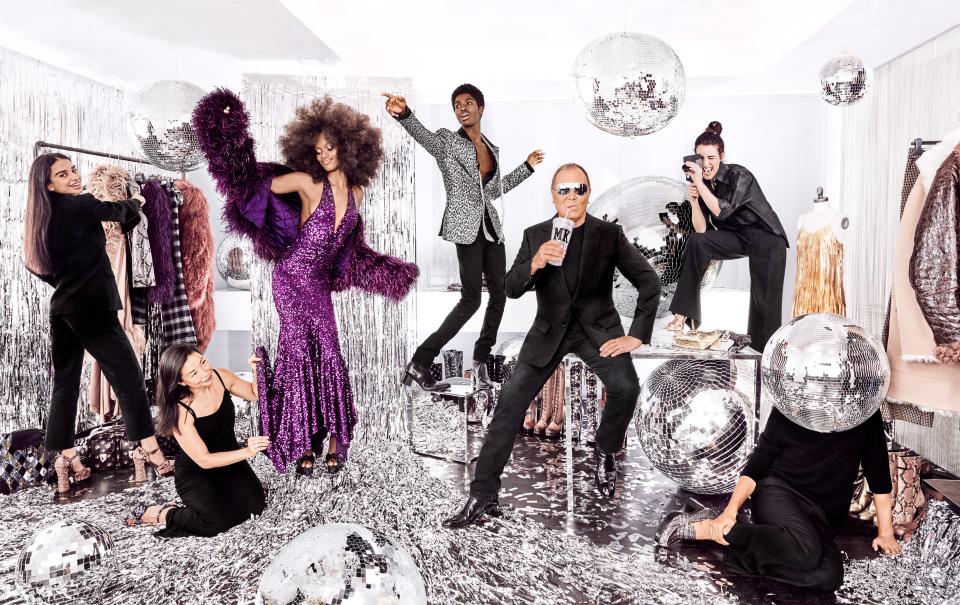The White House Just Admitted to a Quid Pro Quo with Ukraine on Live TV
For the past month, the White House's defense of Donald Trump's scandal-inducing phone call with the Ukrainian president has rested on one thin argument: there was no quid pro quo. Trump was clearly asking Volodymyr Zelensky to investigate Joe Biden's son's business connections in Ukraine in exchange for promised aid, but he and his surrogates have been claiming that it's not nearly explicit enough. Apparently as long as no one says the words "quid pro quo," there's no harm in asking a foreign power to dig up dirt on the president's political rivals. Of course Trump himself severely damaged his case by admitting to pressing Zelensky to investigate Biden, in front of reporters on the White House lawn.
At a press conference at the White House on Thursday, acting chief of staff Mick Mulvaney set that flimsy claim on fire. Speaking to reporters, Mulvaney said that the administration was withholding military aid for Ukraine until Zelenksy opened investigations into the country's role in the 2016 U.S. presidential election because Trump apparently suspected that a server with supposedly missing emails from Hillary Clinton were being held by a firm there. "The look-back to what happened in 2016 certainly was part of the thing that he was worried about in corruption with that nation," Mulvaney said. He added, "And that is absolutely appropriate."
Jonathan Karl of ABC News then spoke up, saying, "To be clear, what you just described is a quid pro quo. It is, 'funding will not flow unless the investigation into the Democratic server happens.'"
Mulvaney replied, "We do that all the time with foreign policy. We were holding up money at the same time for, what was it, the Northern Triangle countries,"—Hondura, Nicaragua, El Salvador—"so that they would change their policies on immigration."
Of course, this isn't the same thing. For better or worse, it is common practice for U.S. foreign aid to depend on policy conditions, but it's a different thing entirely—you could call it, an impeachable offense—for a president demanding that another country investigate his political opponents. Mulvaney never touched on this distinction.
Mulvaney's defiant defense and explicit admission of a quid pro quo is one more headache for a White House that's looking more imperiled by the day. On Wednesday, energy secretary Rick Perry told the Wall Street Journal that Trump instructed him to work through his personal lawyer Rudy Giuliani on any Ukraine-related matters, and Gordon Sondland, Trump's ambassador to the European Union, testified to the same in front of Congress. Sondland did stress that Trump said he didn't want a quid pro quo, saying, "I asked the president: 'What do you want from Ukraine?' The president responded, 'Nothing. There is no quid pro quo.' The president repeated: 'no quid pro quo' multiple times. This was a very short call. And I recall the president was in a bad mood."
Of course, now the president and his acting chief of staff have contradicted that. And to the reporters in the White House, and to anyone else put off by the idea of political concerns influencing foreign policy, Mulvaney had a terse, clear-cut message: "I have news for everybody: Get over it."
For nearly four decades now, Michael Kors has been one of the most persistent and winning personalities in fashion—a designer with rare talent who has blended luxury and popularity to create a global empire. But the question is, with the internet upending the industry, how will he push forward? Kors answers as only he can: By going big and doing it all.
Originally Appeared on GQ


